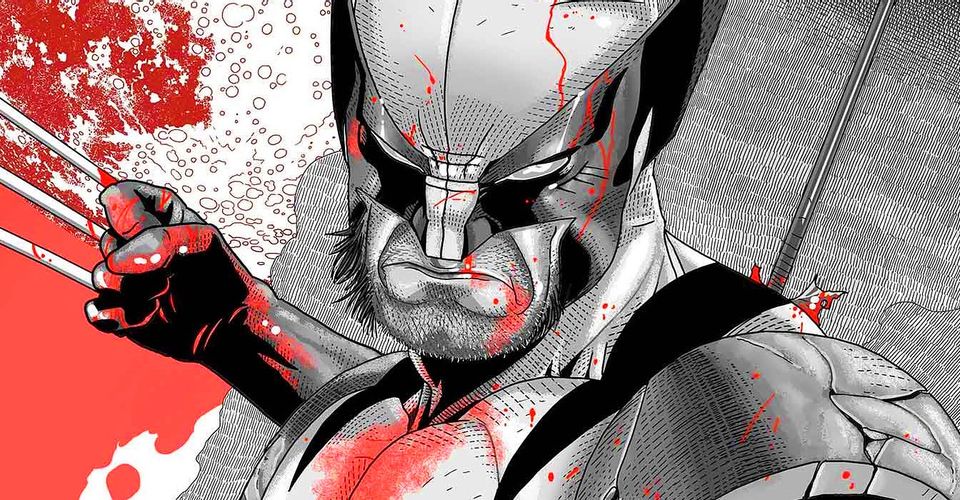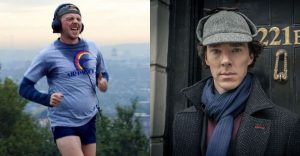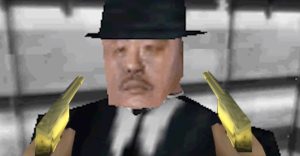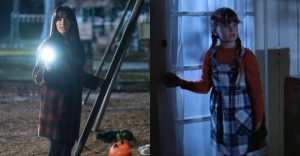Wolverine Vs. Daredevil Proved Logan is a Terrible Superhero

The mutant Wolverine has fought several key figures within Marvel Comics, but his fight with Daredevil was his most bleak. Armed with an adamantium skeleton and powerful healing factor, Wolverine exhibits a level of ferociousness that few Marvel heroes can rival him on. Given his great capacity for violence, it’s a good thing that the X-Men can depend on Logan when the safety of mutantkind is at stake.
That said, there is a cost to Wolverine’s violent methods, which was explored in an arc in Daredevil #248-249 from a creative team of Ann Nocenti, Rick Leonardi, Al Williamson, Christie Scheele, and Joe Rosen. Tracking down a killer, Bushwacker, who had been murdering genius artists in the mutant community, Wolverine came to blows with the Man Without Fear. Daredevil, not knowing the extent of Bushwacker’s crimes, tried to stop Wolverine from killing him, instead advocating for him to be tried by the justice system first. Bushwacker, catching wind of Daredevil’s plea, told the both of them, “Wolverine, I understand you, even if you are my executioner. But you, Redman–I had enough of your mealy-mouthed bleeding-heart humanitarian bull. I’d rather get torched than go rot in a cell. We’re all nowhere men.” The villain then shot directly at a gas tank, igniting himself on fire.
Wolverine’s disagreement with Daredevil painfully brought to life the limitations of Logan’s violent defense of mutantkind. As Logan went in for the kill, Daredevil stopped him, saying, “He’s almost dead, he’ll probably die. His own fighting will have killed him, not you! Don’t make it you! Don’t do it, Wolverine!” Wolverine replied, “He wants my brand o’ justice–not yours! Blast! I want to kill him!” before finally backing off. Bushwacker’s admission that he’d rather be killed by Wolverine than be sent to prison negates any chance for Logan to gain some catharsis from finally killing the man who had been terrorizing New York’s mutant community.

This condition for Wolverine highlights a problem at the heart of his mutant identity: his powers can only be used as tools of violence. Earlier on in the issue, Wolverine tells Daredevil, “Look, all I got are these claws, these fists,” revealing how this powers inadvertently limit the type of justice he sees himself capable of achieving. But more than that, what makes this so tragic is that Wolverine’s anti-mutant foes expect this type of violence from him. By using lethal force, Wolverine plays into his enemies’ fears of mutants and their belief that they are inherently violent and dangerous.
These two issues of Daredevil reveal how both heroes’ approaches to justice ultimately fail them. Daredevil is disgusted by his defense of a man who had been targeting the best and brightest of the mutant community, while Wolverine is left anguished by how his capacity for violence has left him unable to truly “beat” his foes and their ideologies. From this, it is fair to say that Wolverine vs. Daredevil ended in a bitter draw, as both heroes learned that a world filled with violent prejudice seldom offers a clear cut solution to its ills.
About The Author


















